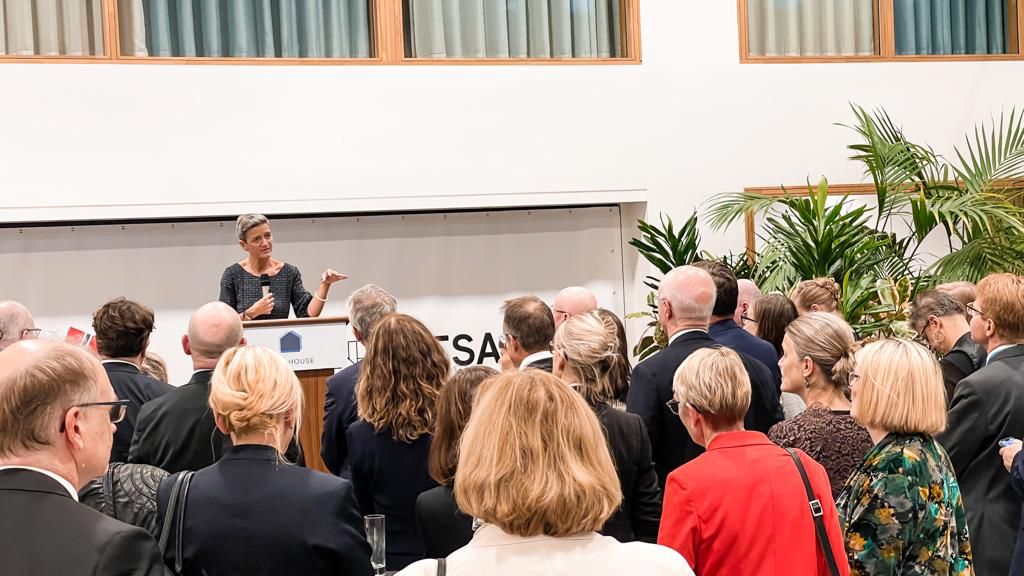
Nordic University Days 2022
This page provides contextual information about Nordic University Days 2022 organised by Gothenburg European Office, on behalf of our partner organisation Chalmers Technical University, together with Greater Copenhagen EU Office, Norwegian University of Science and Technology (NTNU) Brussels Office, Universities in South Sweden Brussels Office, University of Bergen (UiB) Brussels Office, University of Eastern Finland EU Office, University of Helsinki, and the Icelandic Rectors’ Conference.
About Nordic University Days
Nordic University Days 2022 took place 26th – 27th of September in Brussels, following the successful first event in 2019 and under the presidency of Iceland of the Nordic university association. The overall aim of Nordic University Days 2022 was to raise awareness of Nordic universities’ positions on EU research and education policy agendas, to position Nordic universities in the context of the European Research Area and the European Educational Area and to showcase their strength in relation to policy agendas such as the green and digital transition, climate sciences and citizen science.
Key messages
-
Academic freedom is an essential element of a democratic and free Europe and therefore a fundamental value of the EU and a principle of international cooperation.
-
Universities produce key input for sustainable high-quality policymaking and regulation across policy areas such as climate change, health crises and developing research priorities. Nordic universities are at the EU’s disposal to contribute to help improve policies collectively and we are open to entering into dialogue.
-
It is important that universities are included in the process of developing EU policy designed to encourag new European education and research initiatives.
-
Research and education based on excellence: since excellent science is a must if we are to find solutions that can realise the green and digital transition in Europe and globally, and the challenges of the future.
-
To boost competitiveness and generate solutions to global societal challenges international R&I cooperation with partners outside Europe is essential.
-
EU-level guidance on foreign interference should help universities develop comprehensive and preventive approaches for tackling all forms of interference and facilitate responsible collaboration.
-
The EU’s research and innovation programmes have long been the most international and open to the world. Openness is a necessity and should remain the core of Horizon Europe in the last three remaining years and the future. Global challenges can only be solved through global collaboration.
